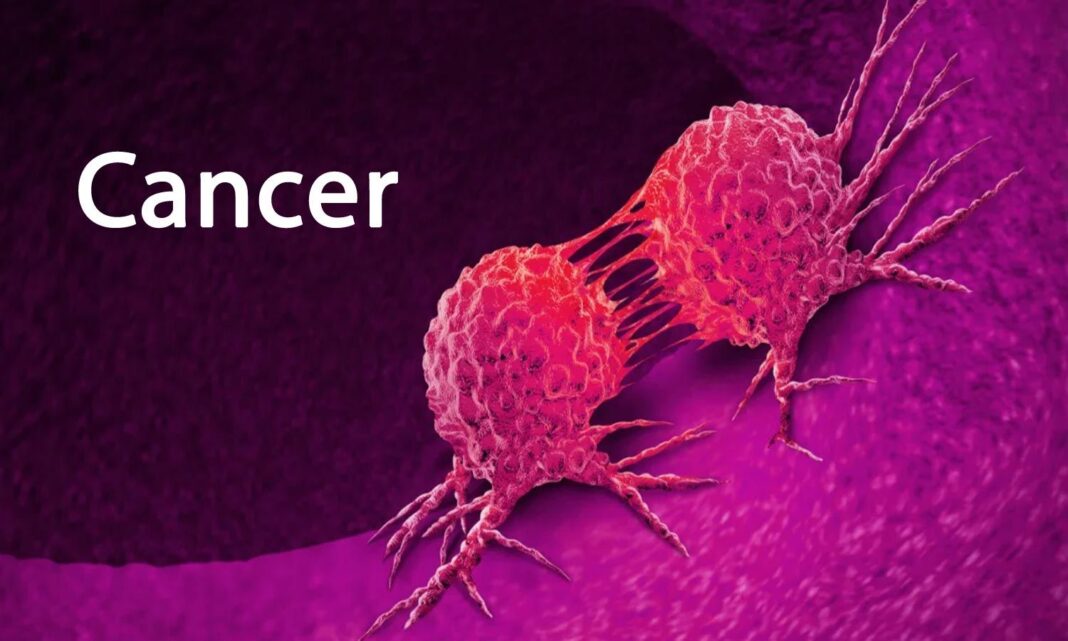By Joyce Remi-Babayeju
As the world commemorates the 2021 World Cancer Day, WHO has announced that the African region has recorded a double figure of 846,000 cases of cancer from 338,000 çases reported in 2002.
This was announced in a message by WHO Regional Director, Dr Mathsidiso Moeti to commemorate the day today with the theme, ” I am and I will “.
Moeti said, ” Over 20 years , new cancer cases have more than doubled in the African Region from 338,000 cases reported in 2002 to almost 846,000 cases in 2020.”
According to her the most common forms are cancers of the breast, cervix, prostate, bowel, colon, rectum and liver. With risk factors including older age and family history, use of tobacco and alcohol, a diet high in sugar, salt and fat, physical inactivity, being overweight, and exposure to specific chemicals, among others.
WHO also decries industry interference contributing to the growing challenge of cancer such as promotion and marketing of known cancer-causing products, such as tobacco.
As a way out of the cancer burden in the region, fourth -four countries have so far ratified the WHO Framework Convention on Tobacco Control towards reducing tobacco use and 29 countries have ratified the WHO Protocol to Eliminate Illicit Trade in Tobacco Products, WHO announced.
WHO further noted that many African communities bear high burden of cervical cancer where people have limited access to cancer screening and early detection, diagnosis and treatment, adding that challenges to treatment are further compounded particularly with the current COVID-19 pandemic.
To accelerated the elimination of cervical cancer in Africa, Moeti said that some countries like Eswatini, Guinea, Malawi, Rwanda, Uganda and Zambia are scaling – up comprehensive cervical cancer programmes through the World Health Assembly Global strategy.
WHO finally called on countries to integrate cancer services such as pain relief into their Universal Health Coverage, and particularly that all countries have a role to play in reducing stigma around cancer, improving understanding of this disease and encouraging people to seek early screening and care.





